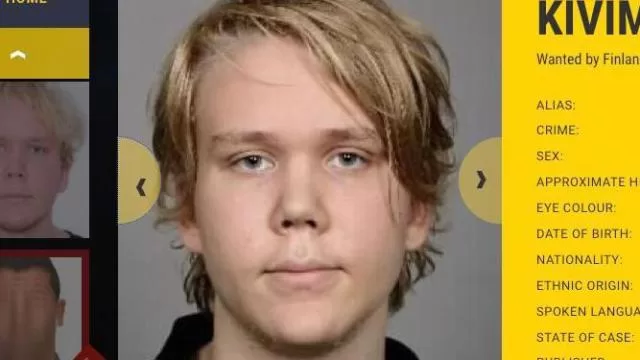
Julius Kivimäki, a notorious hacker and one of Europe’s most wanted criminals, has been sentenced to prison for blackmailing 33,000 therapy patients with their stolen session notes. This marks the end of an 11-year cyber-crime spree that began when Kivimäki, at the age of 13, became involved in a network of teenage hacking gangs.
The saga began when therapy patients, including Tiina, received emails from an anonymous sender threatening to publish their stolen private information unless they paid a ransom. Tiina’s experience reflects the distress felt by thousands of others whose intimate records were compromised, leading to what is considered the largest criminal case in Finland’s history.
The theft of sensitive data from the Vastaamo psychotherapy center exposed the deepest secrets of society, causing shockwaves across Finland. The gravity of the situation was underscored by the tragic consequences, with reports of individuals taking their own lives after their records were leaked online.
The perpetrator, known as ransom_man, demanded payment from victims under the threat of publishing their information. Despite some victims complying, their data was leaked when ransom_man accidentally disclosed the entire database on the darknet. The aftermath of the attack left a trail of devastation and underscored the urgent need for justice.
The subsequent investigation led to Julius Kivimäki, who had gained notoriety in the cyber-crime world as Zeekill. Despite being arrested in 2014 for numerous hacking offenses, Kivimäki avoided jail time, sparking criticism and concerns about the efficacy of legal measures in deterring cybercriminals.
Following his arrest, Kivimäki continued his exploits, orchestrating high-profile attacks such as the disruption of gaming platforms PlayStation Network and Xbox Live. His audacity and lack of remorse attracted widespread attention, further cementing his reputation as a formidable hacker.
Despite maintaining a low profile in the years that followed, Kivimäki resurfaced as the prime suspect in the Vastaamo psychotherapy attack. It took Finnish police nearly two years to track him down, culminating in his arrest in Paris.
Kivimäki’s trial captivated the nation, with journalists and international media covering every detail. Despite his protestations of innocence, overwhelming evidence, including forensic analysis linking him to the crime scene, led to his conviction on all counts.
The verdict, which held Kivimäki accountable for over 30,000 crimes, served as a reckoning for his reign of cyber terror. While the sentence imposed signifies justice served, the case underscores the evolving challenges posed by cybercrime and the critical importance of robust cybersecurity measures.
In the end, Julius Kivimäki’s downfall serves as a cautionary tale, illustrating the profound impact of cybercrime on individuals and society at large. As authorities continue to combat cyber threats, Kivimäki’s conviction stands as a testament to the resilience of law enforcement and the pursuit of justice in the digital age.






